
Federal Regulation of Aftermarket Parts
SEMA has compiled two guides on how motor vehicle parts are regulated by the federal and state government. The first is a 6-page brochure that provides a concise overview.
Learn More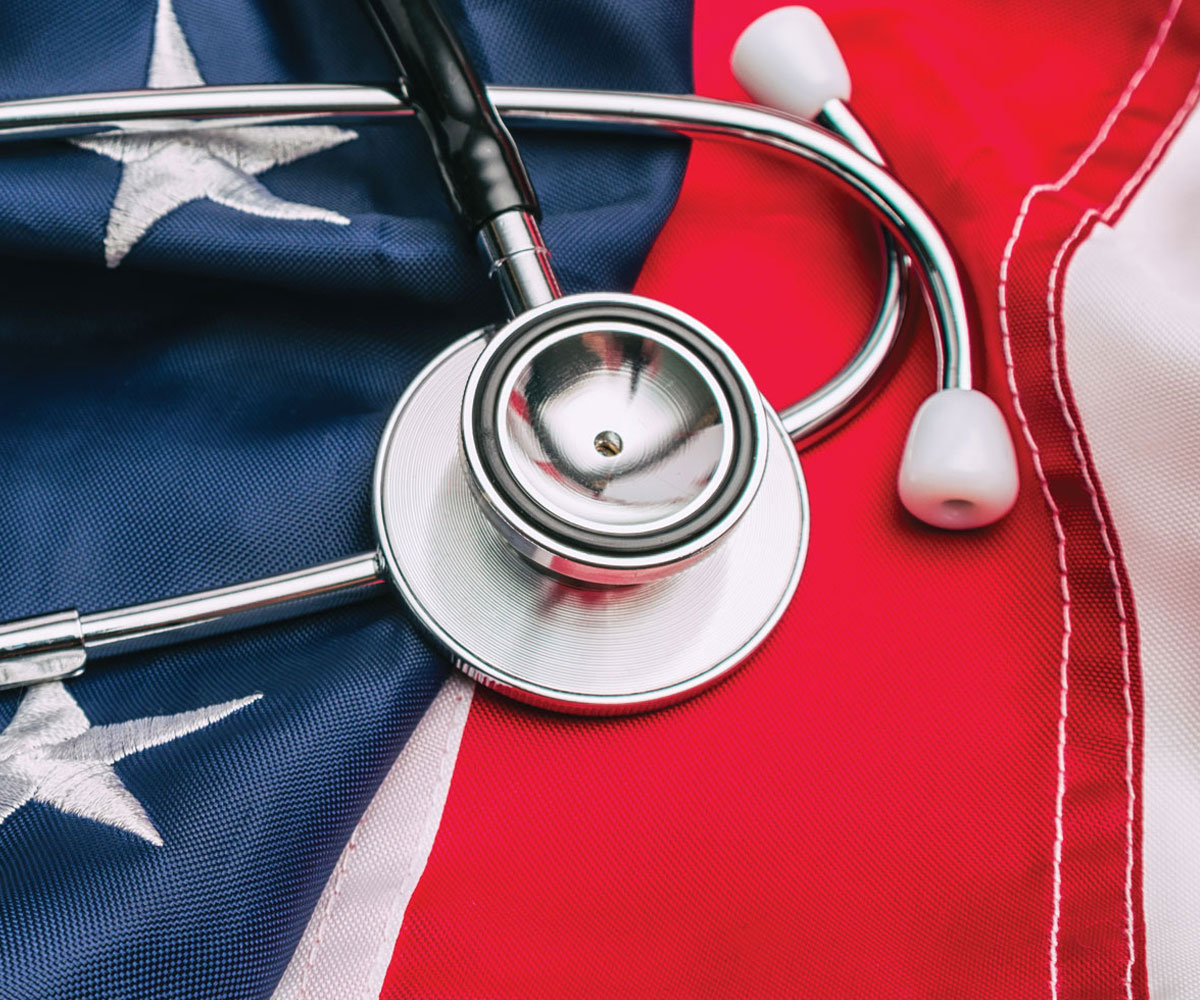
SEMA Member Guide to the New Health Care Law
The "Affordable Care Act" is sowing confusion for many SEMA members. The new health care law is being phased-in over a number of years and January 2014 is the deadline for larger companies to offer coverage or pay a penalty.
Learn More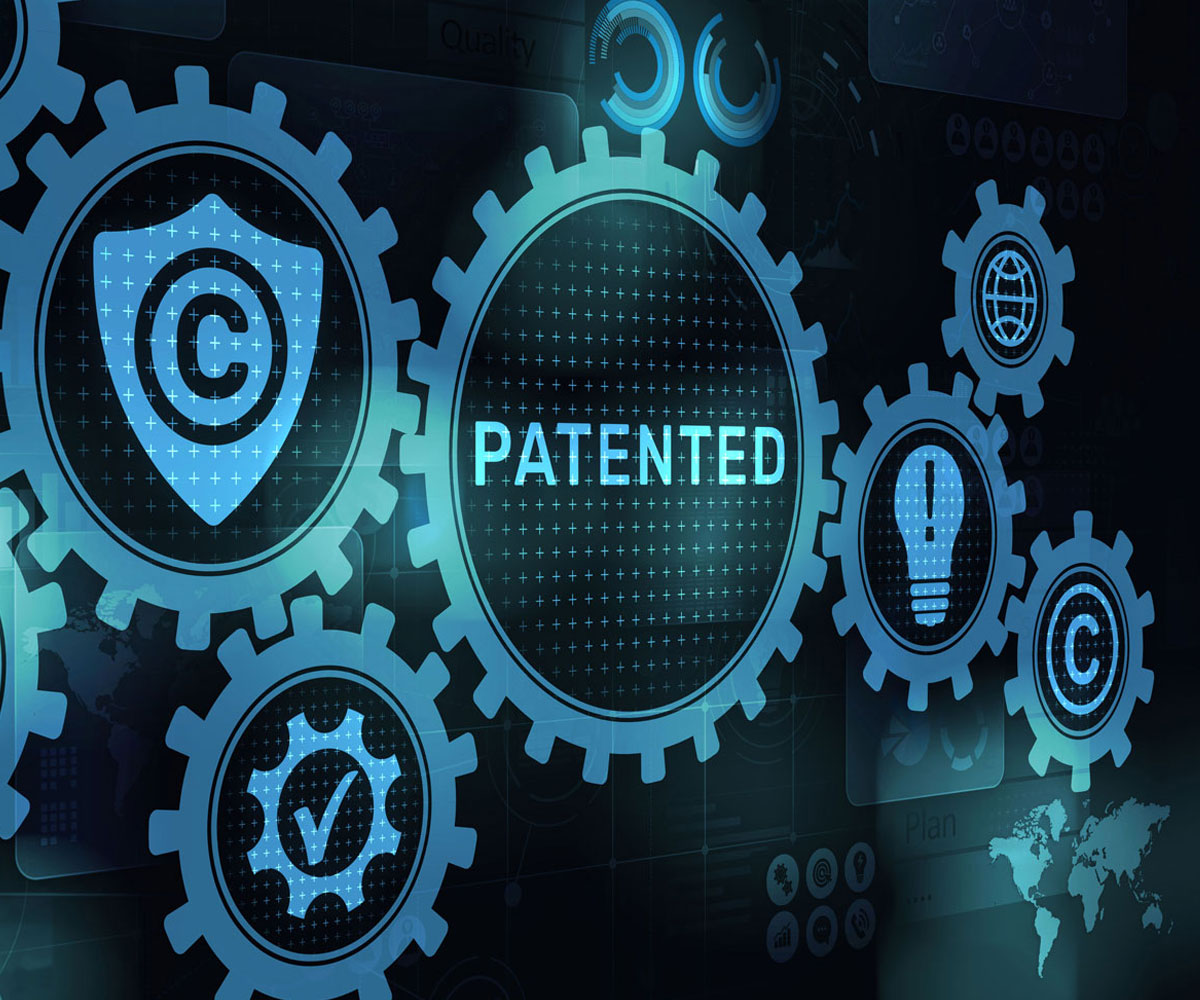
Intellectual Property Rights Guide
SEMA is pleased to provide our members with the following information about trademarks, patents and copyrights. The ideas, names, logos and inventions of your company are valuable property and often can be legally protected for your exclusive use. The overview materials will familiarize you with the basics on this topic so that you may take advantage of the law on patents, trademarks and copyrights.
Read More Download PDF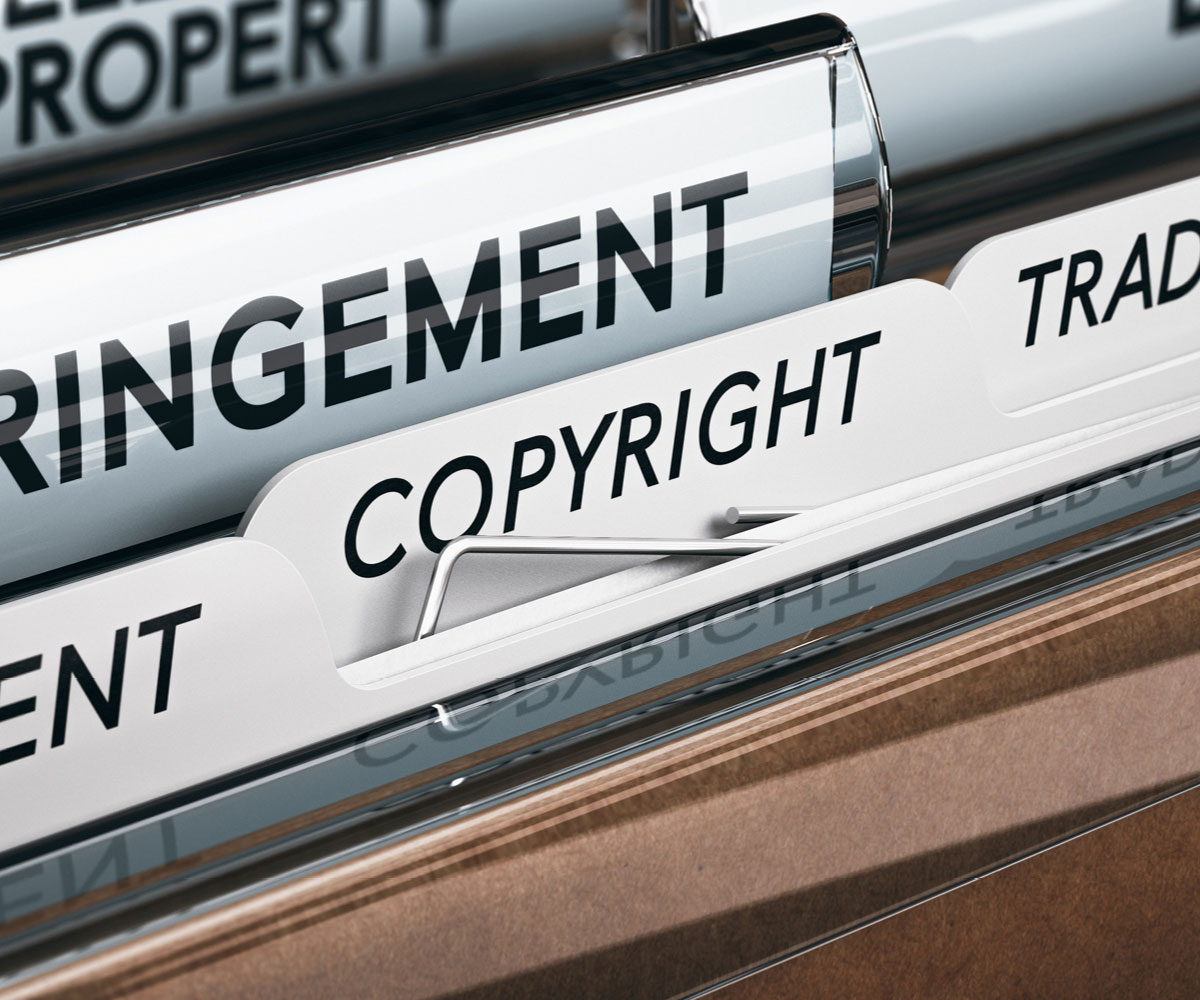
Copyrights
By obtaining a copyright, a publisher, author, artist and/or composer gains exclusive rights to their production of original, expressive information (an artistic or literary work) for a limited time.
Learn More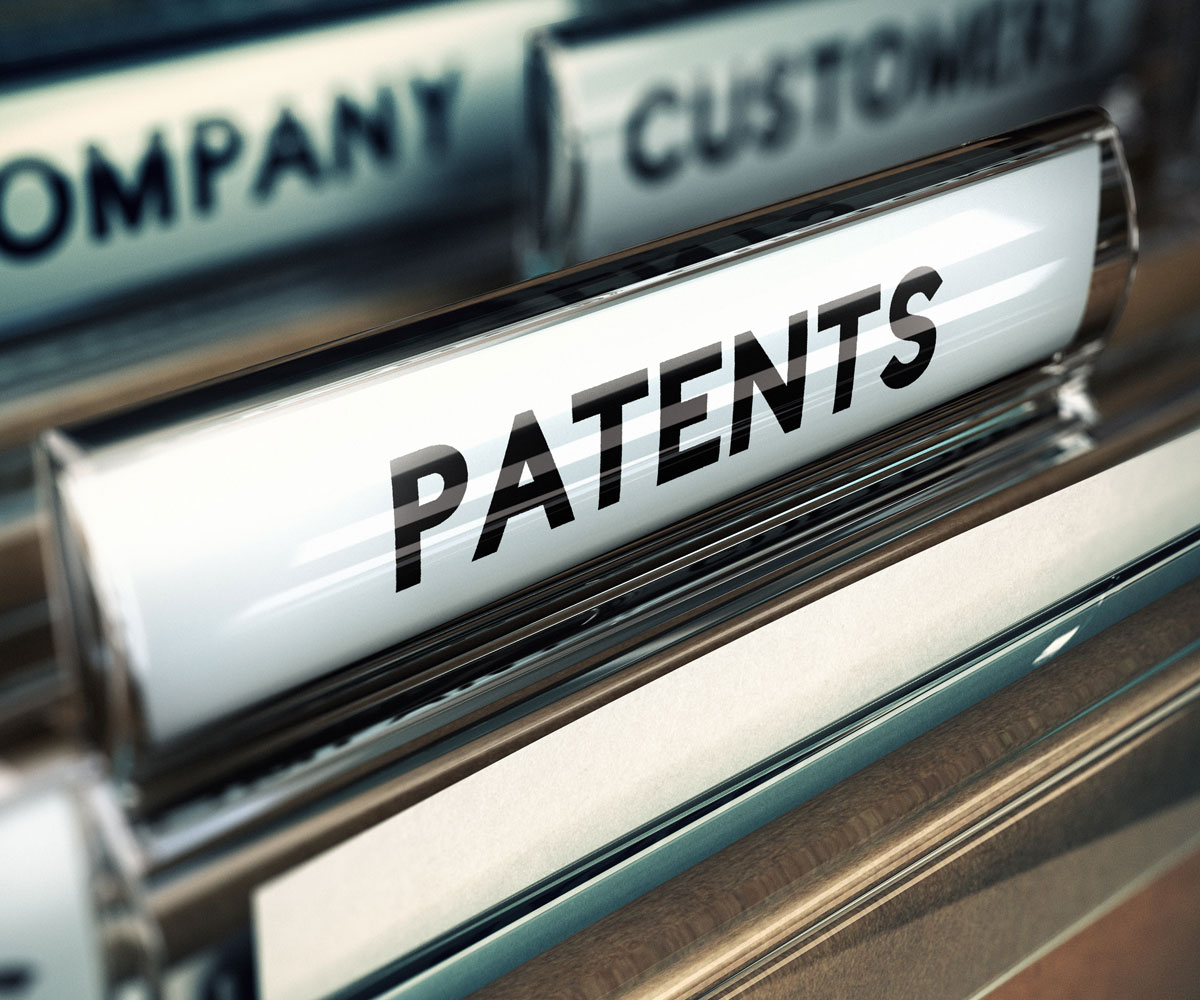
Patent
Patents stimulate private investment in new, useful and non-obvious technological information (inventions) through the granting of exclusive property rights to the patent holder.
Learn More
Examples of Design and Utility Patents
See pratical examples of Design and Utility Patents and the benefits of patent registration.
Learn More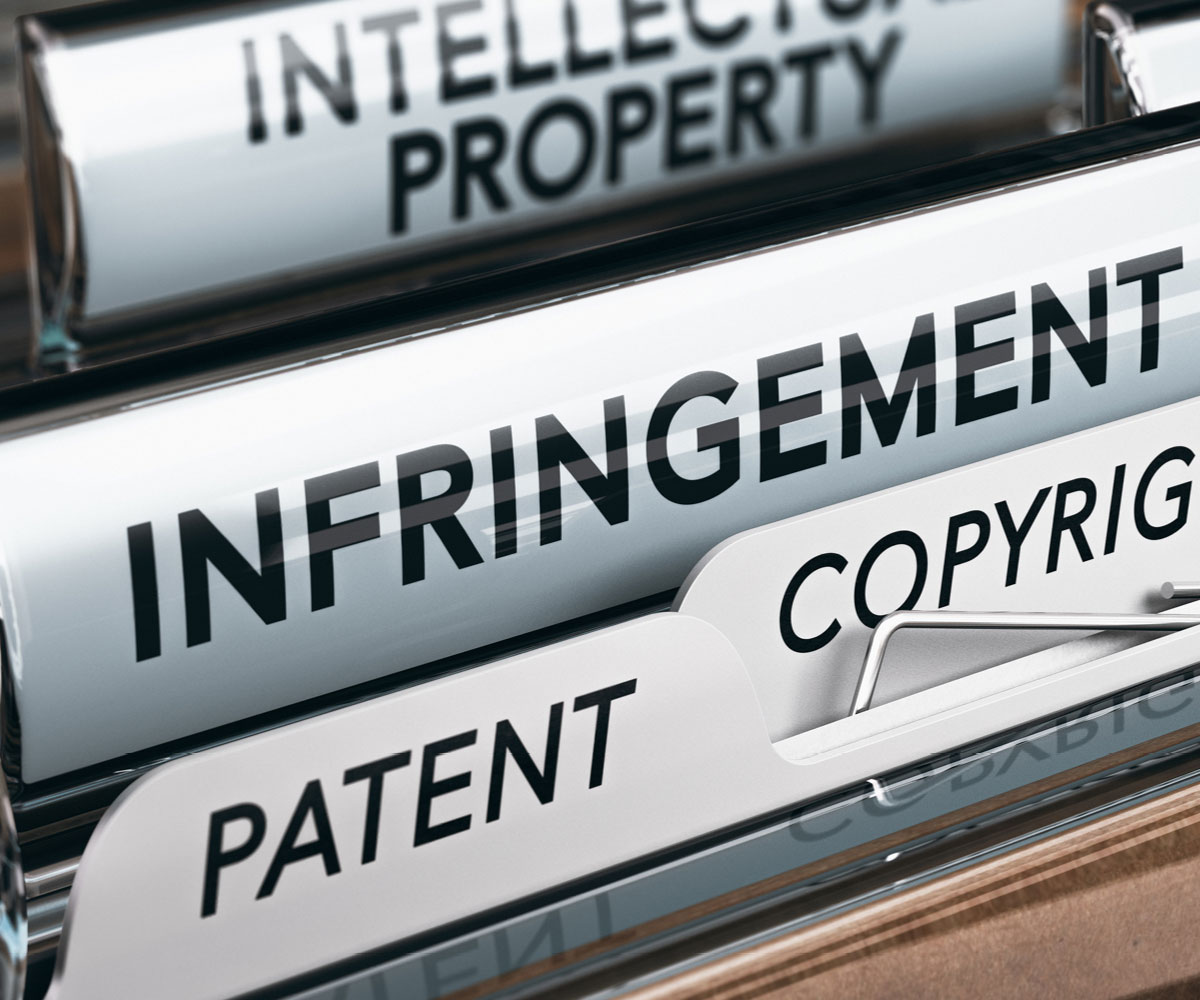
Stopping Illegal Imports of Trademarks, Copyrights, Patents
Learn more about the important mission of U.S. Customs and Border Protection (CBP) in detection and seizing merchandise entering the United States that violates existing IPR.
Learn More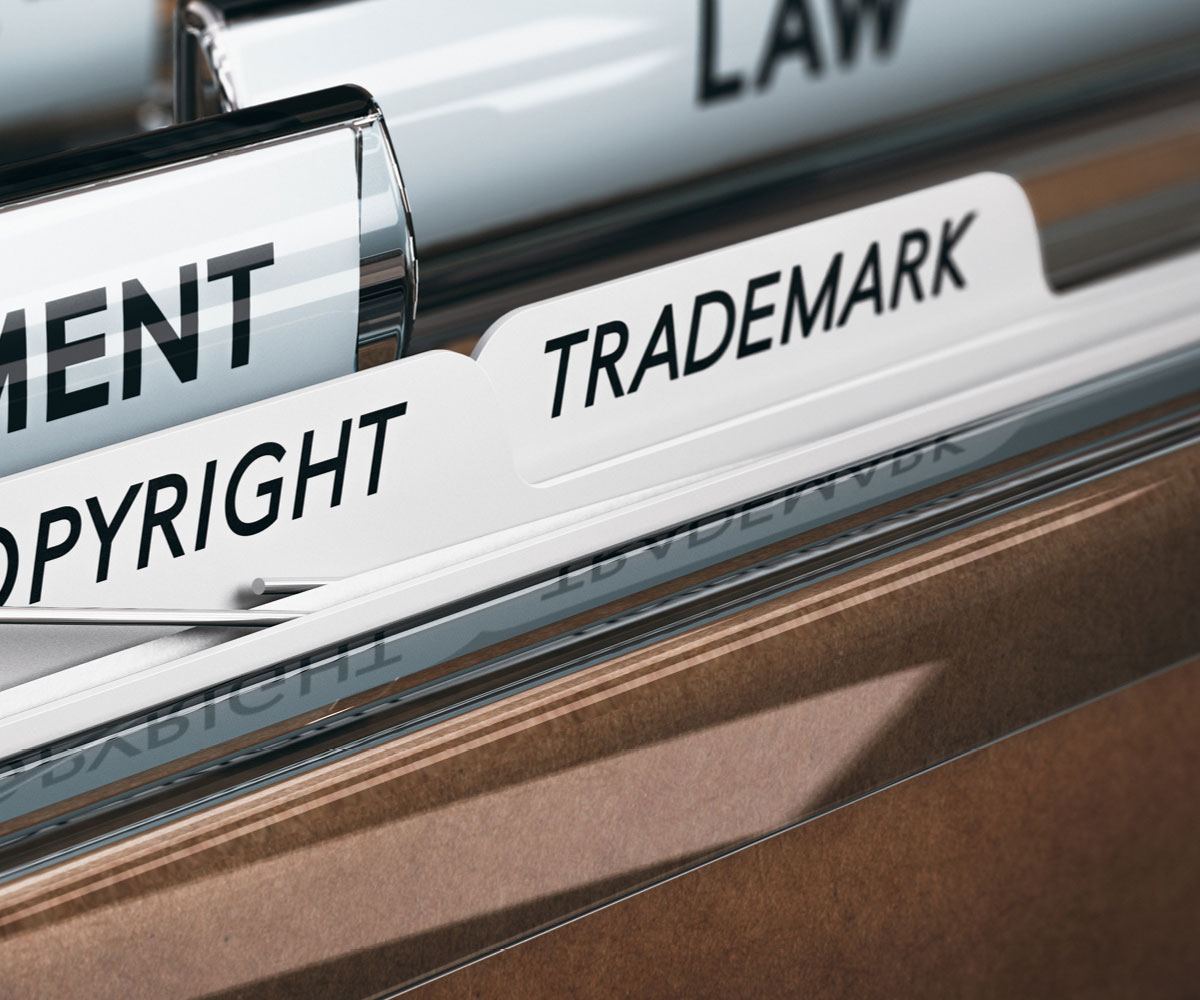
Trademark
A trademark is a name, logo or other feature used by a company to identify itself as the source of a product or service. If established properly, trademarks can be a means to establish legal rights prohibiting competitors from using the same distinguishing features and identifiers.
Learn More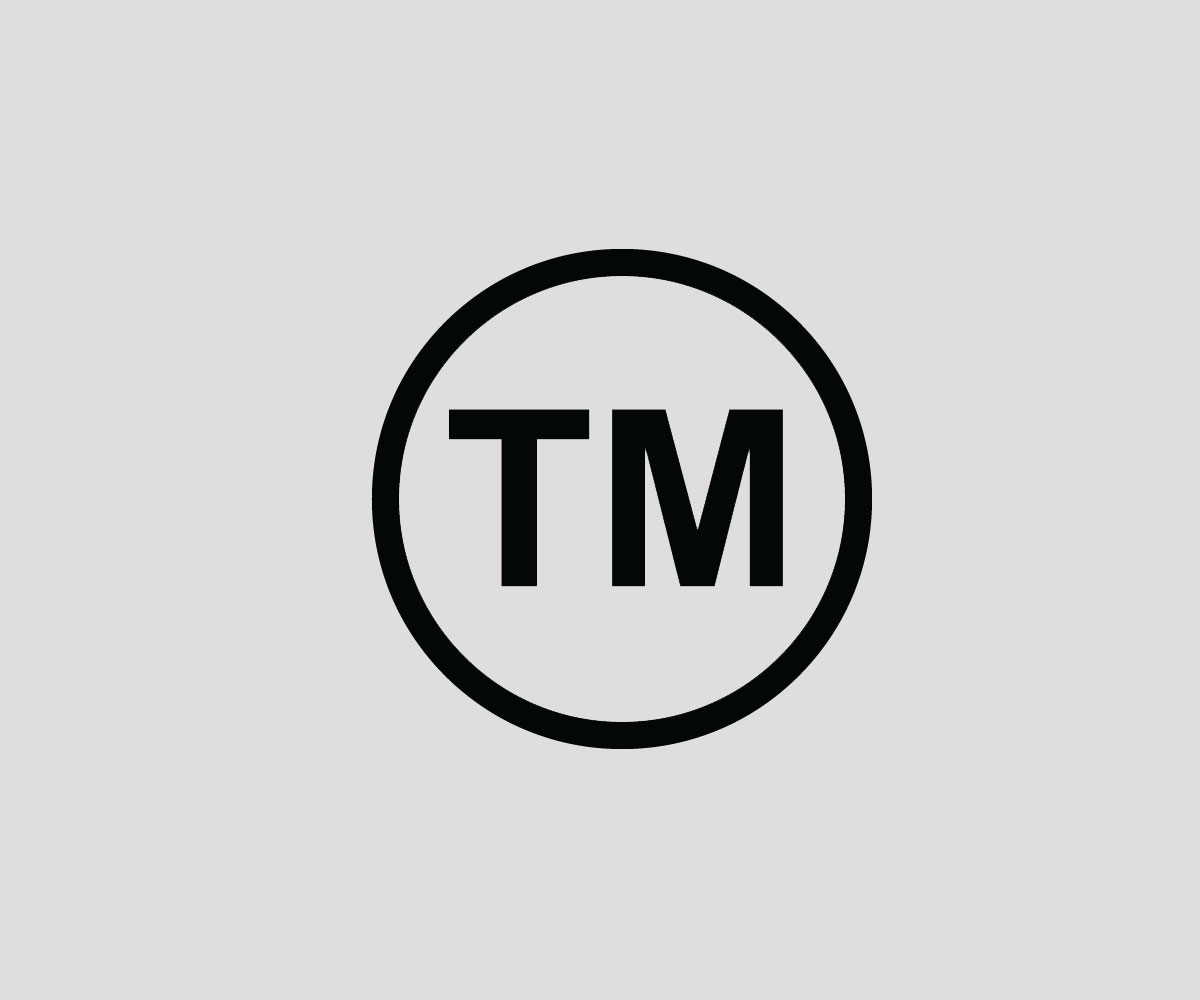
Examples of Trademarks
View pratical examples of well known trademarks including words, designs, sound, color and trade dress.
Learn MoreImportant Links
Patent and Trademark Office, U.S. Department of Commerce
- Basic Facts about Trademarks
- International Trademark Information - Madrid Protocol
- International Trademark Applications - Apply Online
- General Information Concerning Patents
Copyright Office, Library of Congress
U.S. Customs and Border Protection, Department of Homeland Security
SEMA STATEMENT ON THE STATUS OF THE RECOGNIZING THE PROTECTION OF MOTORSPORTS (RPM) ACT
DIAMOND BAR, Calif. (Dec. 22, 2022) – SEMA and PRI must share that despite strong Congressional backing and extraordinary support from the racing community, the 2021-2022 Congressional session is ending without passage of the RPM Act.
Key negotiators in Congress could not reach an agreement on bill language that balanced the need for federal law to protect racers and motorsports parts businesses from EPA enforcement with reasonable measures to ensure that race parts are not used on vehicles driven on roads and public highways.
The RPM Act made incredible progress in the 2021-2022 session of Congress. In addition to more than 1.5 million letters advocating for the RPM Act from the grassroots motorsports community to Congress, SEMA and PRI worked with Richard Petty to meet personally with key lawmakers in Washington, D.C., and with NHRA Top Fuel driver Antron Brown to testify before the U.S. Senate Environment and Public Works Committee.
SEMA and PRI thank the RPM Act’s lead sponsors, the Senate Environment & Public Works (EPW) Committee, and the House Energy & Commerce Committee for their efforts to advance the RPM Act over the course of this year. Their leadership was integral throughout this process, despite the outcome.
"We wouldn’t have made it this far without this incredible effort by so many of our members,” said SEMA President and CEO Mike Spagnola. “The RPM Act was one of the most bipartisan bills in the 117th Congress with over 165 lawmakers cosponsoring the legislation. SEMA and PRI will leverage the momentum we built during this congressional session, assess the current challenges the industry faces, and chart a new path forward for the industry’s advocacy efforts at both the federal and state levels.”
SEMA/PRI will continue its advocacy work to bring needed certainty to the racing community to protect a great American pastime and hundreds of thousands of jobs in communities throughout the country.
About SEMA
SEMA, the Specialty Equipment Market Association founded in 1963, represents the $50.9 billion specialty-automotive industry. The industry provides appearance, performance, comfort, convenience and technology products for passenger and recreational vehicles. Association resources include market research, legislative advocacy, training and product development support, as well as leading trade shows such as the SEMA Show in Las Vegas, Nev., and the Performance Racing Industry (PRI) Trade Show in Indianapolis, Ind.
PROTECT YOUR RIGHT TO RACE! THE EPA IS BANNING RACECARS. TELL CONGRESS TO PASS THE RPM ACT AND STOP THE EPA FROM DESTROYING MOTORSPORTS. YOUR MEMBER OF CONGRESS NEEDS TO HEAR FROM YOU!
- Street vehicles—cars, trucks, and motorcycles—can't be converted into racecars according to the EPA.
- The EPA has announced that enforcement against high performance parts—including superchargers, tuners, and exhaust systems—is a top priority.
- Even if you are one of the hundreds of thousands of enthusiasts who contacted Congress in the past, we need your support again!
- Tell the bureaucrats in Washington that racecars are off limits!
Many SEMA member manufacturers, distributors and retailers have been impacted by the 2018 U.S. Supreme Court Wayfair decision that allows states to require sales tax collections based solely on the volume of sales into that state (economic nexus). The Court overturned its 1992 Quill decision, which previously required a company to have a physical presence before it could be compelled to collect sales tax.
SEMA has compiled resources (below) to help companies understand whether Wayfair impacts their business and provide additional information to help them respond if necessary.
Cash-strapped states have quickly implemented their new authority to require tax collection. Nearly all 45 states that collect sales tax have updated their regulations accordingly. There is no one national standard. Rather, each state is setting minimum dollar thresholds that trigger collection. In some states, that threshold may also be tied to the number of sales transactions—for example, $100,000 in sales or 200 transactions annually into that state.
Resources
- SEMA News Article (Aug. 2019): Most States Now Require Remote Sellers to Collect Sales Tax
- Webinar: State Sales Taxes: Understanding How Wayfair Impacts Your Company (Oct. 17, 2019)
Anna Ferraro, CPA with the accounting firm Moss Adams explains how Wayfair may impact SEMA member companies with remote sales or drop shipments. Issues covered include: Does your company already have a physical presence in the state? If so, why shouldn't your company quickly register to pay sales tax? How do you register with the state? How do you remit taxes? What are some tax software options?
- Tax Rates & Educational Tools: The Sales Tax Institute provides a wide range of online tools and educational material on sales and use taxes, drop shipments and other issues. The website also tracks the most recent updates to state tax rates and regulations.
General: https://www.salestaxinstitute.com/about
Tax Rates: https://www.salestaxinstitute.com/resources https://www.salestaxinstitute.com/resources/remote-seller-nexus-chart
- Sample Tax Software Providers: [alphabetical order]
Immediate questions? Contact Stuart Gosswein at stuartg@sema.org
Disclaimer: The material posted on this site is intended for reference only. The information, including state tax rates and regulations, are subject to change. SEMA has relied upon several federal and state resources to collect the material but disclaims any responsibility for the contents. SEMA also disclaims any responsibility for any claims that might result from reliance on the contents of the posted material. These materials are not intended to provide legal advice. SEMA recommends that companies consult their accountant or tax professional for additional information on this topic.
Code of Ethics For Installers
In its efforts to achieve the highest level of professionalism throughout the aftermarket restyling industry, the Professional Restylers Organization (PRO) has adopted a voluntary Code of Recommended Business Practices for aftermarket accessory installers and restylers, the purpose of which is to foster confidence in the industry's products and services:
- The company installs warranted products
- All products are installed per manufacturers' instructions.
- The company employs a staff of professionally trained installers and technicians.
- The company maintains a quality-control program.
- The company has in place appropriate liability insurance or demonstrates fiscal responsibility for same.
- Company employees strive at all times to obtain and expand product knowledge and to communicate the benefits, features and value of aftermarket products.
- The company endeavors to maintain a professional image.
- The company abides by all state, local and federal regulations.
- The company strives to achieve customer satisfaction.
Code of Ethics for Manufacturers
In its efforts to achieve the highest level of professionalism throughout the aftermarket restyling industry, the Professional Restylers Organization (PRO) has adopted a voluntary Code of Recommended Business Practices for aftermarket accessory manufacturers, the purpose of which is to foster confidence in the industry's products and services:
- The company provides a written warranty policy.
- All parts are marked and/or labeled to identify the manufacturer.
- The company provides installation instructions for all products where appropriate.
- All hardware appropriate and required for installation is included with the product.
- The company has product liability insurance or demonstrates fiscal responsibility for the same.
- The company offers a written returned-goods policy.
- The company maintains the availability of replacement parts for appropriate times after production ceases.
- When applicable, the company supplies painting instructions with the product
- The company adheres to Society of Automotive Engineers material specifications where appropriate and applicable.
Code of Recommended Business Practices for Accessory Warehouse Distributors
In its efforts to achieve the highest level of professionalism throughout the aftermarket restyling industry, and foster confidence in the industry’s products and services, the Professional Restylers Organization (PRO), a council of the Specialty Equipment Market Association (SEMA), has adopted the following voluntary Code of Recommended Business Practices for accessory warehouse distributors:
- The company sells warranted products and offers a mechanism to address warranty issues.
- The company employs a staff of knowledgeable sales professionals.
- The company endeavors to maintain a professional image and to achieve customer satisfaction.
- The company strives to provide replacement parts, installation instructions and technical assistance to its customers.
- The company makes manufacturers’ literature available to its customers and promotes manufacturers’ products.
- The company has an active quality assurance program aimed at ensuring customer-service and billing accuracy.
- The company strives to maintain an adequate product inventory and to ship products in a timely and accurate manner.
- The company has a written returned-goods policy.
- The company has adequate product liability coverage.
- The company abides by all federal, state and local laws and regulations.
